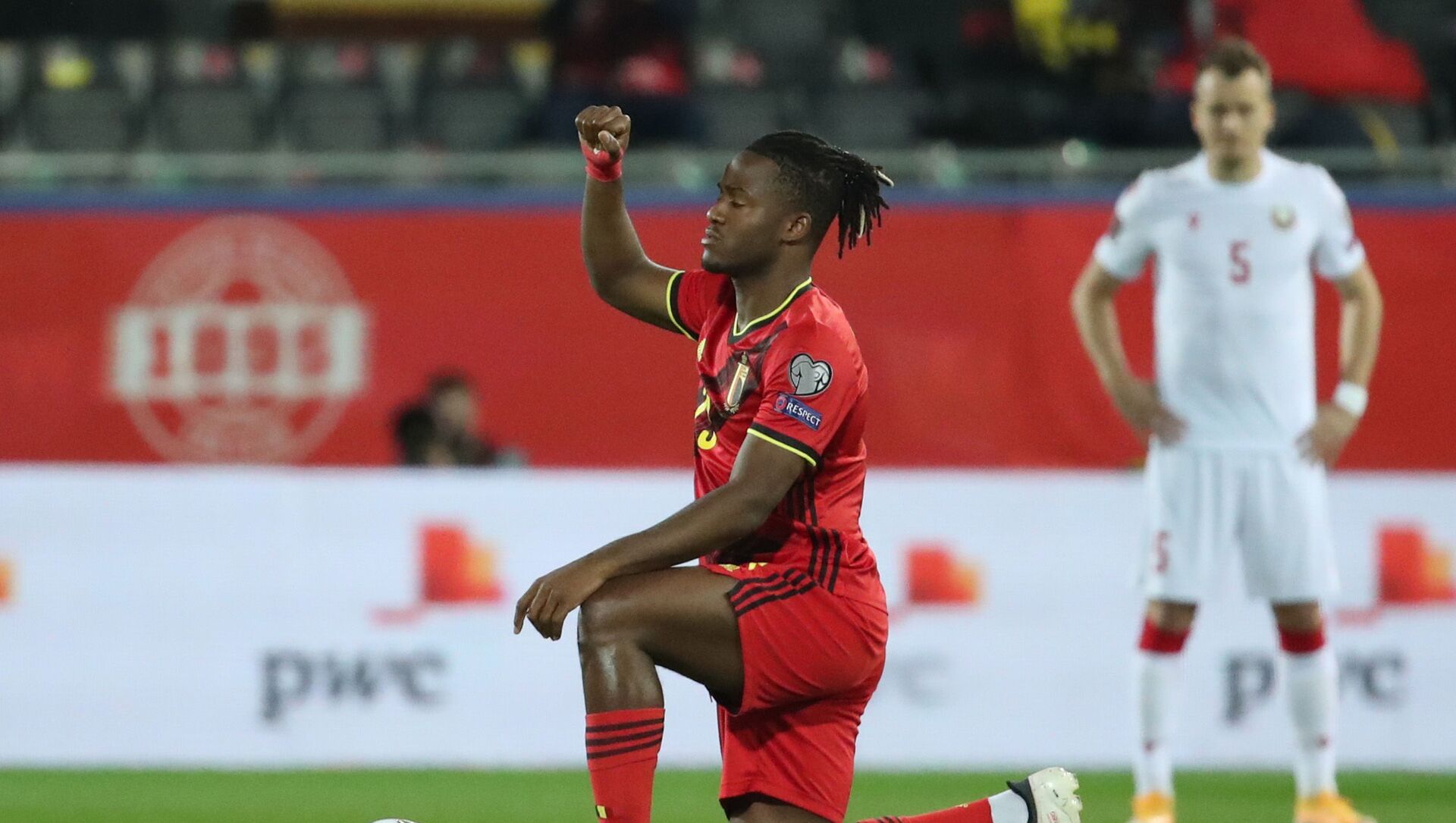“I can commit the USOPC’s support as it relates to the following: Fair application of this guidance at our Olympic and Paralympic Team Trials [and] evaluation of this guidance prior to the Olympic and Paralympic Games Tokyo,” the organization’s Chief Executive Sarah Hirshland said in a press release.
While the release gave no examples of permitted protests, it linked to an 18-minute video which detailed types of demonstrations that would be allowed. They include raised fists, kneeling during the US national anthem, signs and facemasks with slogans such as “Black Lives Matter” or “Trans Lives Matter.”
The video said the protests must be limited to racial and social justice themes and that demonstrations targeting other issues such as the environment, politics, and disease awareness would not be permitted.
The video also said the International Olympic Committee (IOC) would set its own rules for the upcoming Summer Games but that the US committee would with the IOC to devise rules for protests when athletes from around the world compete in Tokyo.
During the 1968 Olympics in Mexico City, American gold and bronze medalists in track were suspended by the IOC from the US team and banned from the Olympic Village over raised fists during the awards ceremony. Contrary to a common belief, however, the IOC did not force US athletes Tommie Smith and Peter Norman to return their medals.
In recent years, American sporting events have featured athletes kneeling during the national anthem, protests triggered in large part by police killings of unarmed African-American suspects, often during routine encounters with law enforcement.

